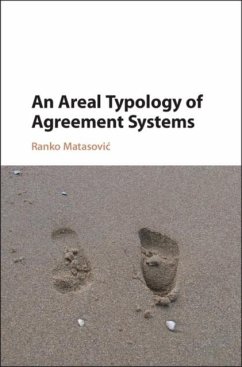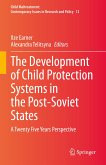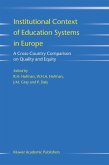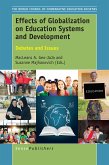Surveying over 300 languages, this typological study presents new theoretical insights into the nature of agreement, as well as empirical findings about the distribution of agreement patterns in the world's languages. Focussing primarily on agreement in gender, number and person, but with reference to agreement in other smaller categories, Ranko Matasovic aims to discover which patterns of agreement are widespread and common in languages, and which are rather limited in their distribution. He sheds new light on a range of important theoretical questions such as what agreement actually is, what areal, typological and genetic patterns exist across agreement systems, and what problems in the analysis of agreement remain unresolved.
Dieser Download kann aus rechtlichen Gründen nur mit Rechnungsadresse in A, B, BG, CY, CZ, D, DK, EW, E, FIN, F, GR, HR, H, IRL, I, LT, L, LR, M, NL, PL, P, R, S, SLO, SK ausgeliefert werden.








